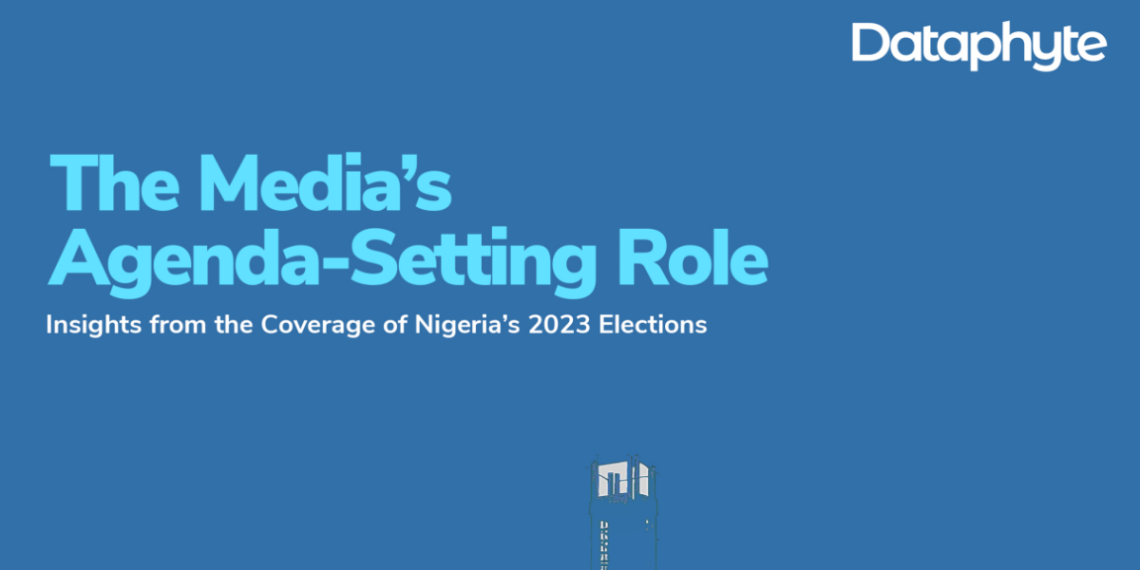%20(1).png)
Dataphyte Foundation
Nigeria’s Governance Pay Equation
The Revenue Mobilisation, Allocation and Fiscal Commission (RMAFC) recently announced plans to review and increase the salaries of political, public, and

The Revenue Mobilisation, Allocation and Fiscal Commission (RMAFC) recently announced plans to review and increase the salaries of political, public, and judicial office holders. The Commission explained that such reviews are guided by prevailing macroeconomic realities to arrive at realistic pay structures. Factors such as inflation, exchange rates, oil revenues, government expenditure capacity, and the overall cost of governance are taken into account in determining appropriate remuneration levels.
The Commission’s mandate is constitutionally established. Under the 1999 Constitution, it is empowered to determine the salaries and allowances of public officials across all arms of government. In the past, the Commission issued comprehensive remuneration frameworks in 2000 and 2007, which remain the most recent officially reviewed salary structures for political and judicial officeholders at federal, state, and local government levels.
The Salary Question
The question of what is currently being paid was one of the first inquiries by Nigerian citizens, especially the salary of the Nigerian president. According to data from the RMAFC, the President of Nigeria currently earns approximately N1.17 million per month, which includes both salary and basic allowances.
The current figure of N1.17 million reflects only the President’s salary and basic allowances. It does not include other entitlements, such as those paid periodically every four years or annually, nor the loans and benefits made available to political officeholders.

The included allowances are: Motor Vehicle Fueling and Maintenance, Special Assistant, Personal Assistant, Hardship Allowance, Domestic Staff, Entertainment, Utilities, Consistency Allowance, Security, and Newspapers/Periodicals.
Excluded allowances are: Accommodation, Furniture, Duty Tour Allowance, Estacode, Medical, Severance Gratuity, and Leave Allowance. In addition, there is a provision for a Motor Vehicle Loan, which is repayable before the expiration of the tenure. These allowances were tagged as To Be Provided (TBP).
Despite the official figures, questions persist about whether officeholders earn more than what is publicly disclosed. In 2024, Senator Sumaila Kawu, representing Kano South, stated that his total monthly take-home pay exceeds N21 million, far above the remuneration framework published by the Revenue Mobilisation Allocation and Fiscal Commission (RMAFC). However, no other publicly available evidence substantiates such claims regarding the actual earnings of legislators or other senior political officeholders, leaving much of the discussion open to speculation.
What Determines What Leaders Earn?
The issue of political remuneration is not unique to Nigeria. Around the world, some countries pay their leaders modestly while others, particularly developed nations, offer very high salaries. What stands out is that the majority of countries paying the highest salaries to leaders are developed economies with stronger revenue bases.
The salary of a country's leader is typically determined by a combination of macroeconomic factors such as the country's GDP, inflation rates, and the cost of living, along with the government's ability to afford and sustain the expense of governance. Other considerations can include the level of government revenue, the presence of oil production and international oil prices, the country's external reserves, and the need to balance government expenditure between recurrent and capital costs.
.png)
However, when salaries are measured as a percentage of GDP per capita, a way of comparing a leader’s earnings to the average income of citizens, the picture changes. Countries with the highest absolute salaries fall outside the top ranks because their citizens also earn more on average.
African countries dominate the list of nations where leaders’ pay makes up the largest share of GDP per capita. Five of the top ten countries in the world on this measure are in Africa, four others are in Oceania, mostly small island nations with limited economic bases, and one is in Asia. This suggests that in regions where average incomes are low, the official pay of political leaders tends to be disproportionately high when viewed relative to citizens’ earnings.
In Nigeria’s case, however, the President’s current annual salary of N14.1 million amounts to about 6,768% of the annual income of the average Nigerian average per capita of N207,741. This further means that the President’s annual salary is about 67 times the annual income of the average Nigerian.
.png)
The broader debate on political pay in Nigeria remains unsettled, particularly with the recent proposal to review salaries for political officeholders. While RMAFC’s framework provides an official baseline, concerns persist that actual earnings may be considerably higher, especially within the legislature. With such a wide gap already existing between official pay and average citizen earnings, questions about why an increase is necessary continue to dominate public discourse.
More critically, Nigeria’s fiscal ability to sustain such costs remains in doubt. For a country faced with economic hardship, rising poverty, and weak purchasing power, political salaries are likely to remain one of the most sensitive and contested issues in public debate.
Please login to leave a comment.
